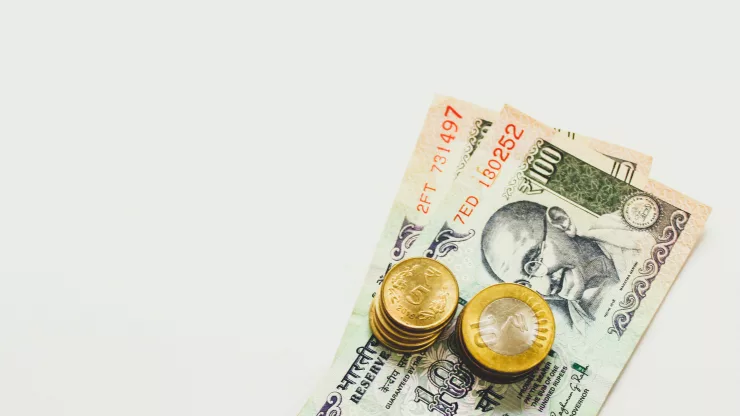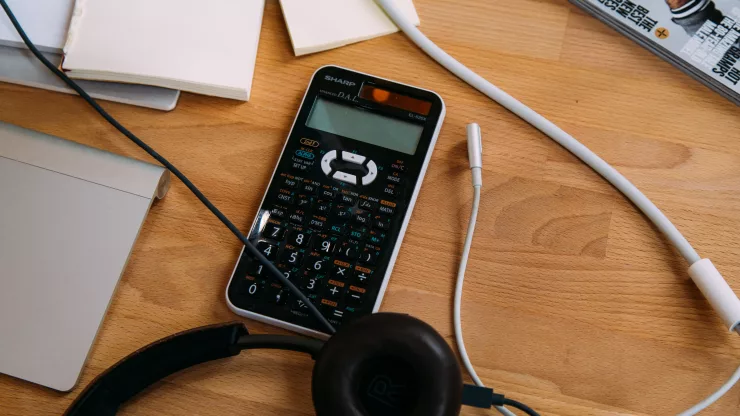Natural disasters can strike at any moment, leaving us with little time to prepare for the worst.
While we often focus on stocking up on supplies and securing our homes, it’s just as important to prepare our finances for emergencies.
In this article, we’ll cover some tips for getting your finances disaster-ready.
Jump to Section
Introduction
Preparing for a disaster is not just about having a stockpile of food and water.
It’s also about making sure your finances are in order so that you can quickly recover from any damage that may occur.
In this guide, we’ll take a look at some of the steps you can take to prepare your finances for a disaster.
Why preparing for a disaster is important for your finances
Natural disasters can cause significant financial stress. Repairing damage to your home, replacing lost possessions, and paying for temporary accommodation can all add up to a significant expense.
If you don’t have a plan in place for how you’ll deal with these expenses, you may find yourself in a difficult financial situation.
Assessing Your Current Financial Situation
The first step in preparing your finances for a disaster is to assess your current financial situation. This will help you determine how much you can afford to set aside for emergencies and what steps you need to take to protect your finances in the event of a disaster.
How to determine your financial readiness for a disaster
To determine your financial readiness for a disaster, you should take a look at your current income, expenses, and savings. Calculate your monthly expenses and compare them to your monthly income.
This will give you an idea of how much money you have left over each month to put towards an emergency fund.
Emergency Fund Readiness Table
| Monthly Income | Monthly Expenses | Amount Available for Emergency Fund |
|---|---|---|
| $5,000 | $4,000 | $1,000 |
Creating an Emergency Fund
One of the most important steps you can take to prepare your finances for a disaster is to create an emergency fund. An emergency fund is a sum of money that you set aside specifically for unexpected expenses.
The importance of having an emergency fund
An emergency fund can help you cover the costs of unexpected expenses without having to go into debt. This can be especially important if you lose your income due to a disaster.
How to start building an emergency fund
To start building an emergency fund, you should aim to save at least three to six months’ worth of living expenses.
Start by setting aside a portion of your income each month and putting it into a savings account.
You can also consider automating your savings by setting up a direct deposit from your paycheck.
Steps to Building an Emergency Fund
- Determine how much you need to save
- Set a monthly savings goal
- Open a separate savings account
- Automate your savings
Reviewing Your Insurance Coverage
Another important step in preparing your finances for a disaster is to review your insurance coverage. Having adequate insurance coverage can help you recover from a disaster without having to pay for everything out of pocket.
Types of insurance coverage to consider for disasters
There are several types of insurance coverage to consider for disasters, including:
- Homeowners insurance
- Flood insurance
- Earthquake insurance
- Windstorm insurance
- Renters insurance
How to ensure you have adequate insurance coverage
To ensure you have adequate insurance coverage, you should review your policies and speak with your insurance agent. Make sure you understand what is covered by each policy and whether you need additional coverage.
Insurance Coverage Checklist
- Check your homeowners or renters insurance policy
- Consider flood and earthquake insurance
- Check your auto insurance policy
- Check your life insurance policy
Organizing Your Important Documents
In the event of a disaster, it’s essential to have your important documents organized and easily accessible. This can help you quickly get the information you need to file insurance claims or access other resources.
The importance of organizing your important documents
Organizing your important documents can save you time and stress in the event of a disaster. Keep your documents in a waterproof and fireproof container in a location that’s easy to access.
Creating a disaster preparedness kit for your documents
To create a disaster preparedness kit for your documents, you should gather the following items and keep them in a waterproof and fireproof container:
- Insurance policies
- Identification documents (passport, driver’s license, social security card)
- Financial account information (bank statements, investment account statements)
- Property records (deeds, titles, and mortgage documents)
- Medical records
Document Preparedness Kit Checklist
- Gather all important documents
- Keep them in a waterproof and fireproof container
- Store them in a location that’s easy to access
Establishing Communication Plans
Finally, it’s important to establish communication plans with your family and financial institutions in the event of a disaster.
How to create a communication plan with your family and loved ones
Create a communication plan with your family and loved ones that includes:
- Emergency contact information
- Meeting locations
- Evacuation plans
- Communication methods
How to communicate with your financial institutions during a disaster
Make sure you have contact information for your financial institutions and a plan for how you’ll communicate with them in the event of a disaster. Consider setting up alerts and notifications to stay informed about any account activity.
Financial Institution Communication Checklist
- Gather contact information for your financial institutions
- Make a plan for how you’ll communicate with them
- Consider setting up alerts and notifications
Conclusion
Preparing your finances for a disaster is an essential step in ensuring you can quickly recover from any damage that may occur. By assessing your current financial situation, creating an emergency fund, reviewing your insurance coverage, organizing your important documents, and establishing communication plans, you can be better prepared for a disaster.
Tips for Preparing Finances for Natural Disasters FAQ
How much should I put in an emergency fund?
You should aim to save at least three to six months’ worth of living expenses in your emergency fund.
What types of insurance should I consider for disasters?
You should consider homeowners insurance, flood insurance, earthquake insurance, windstorm insurance, and renters insurance.
What should I include in my disaster preparedness kit for my documents?
Your disaster preparedness kit for your documents should include insurance policies, identification documents, financial account information, property records, and medical records.

With a deep passion for personal development, Ben has dedicated his career to inspiring and guiding others on their journey towards self-improvement.
His love for learning and sharing knowledge about personal growth strategies, mindfulness, and goal-setting principles has led him to create My Virtual Life Coach.
Contact Ben at [email protected] for assistance.




